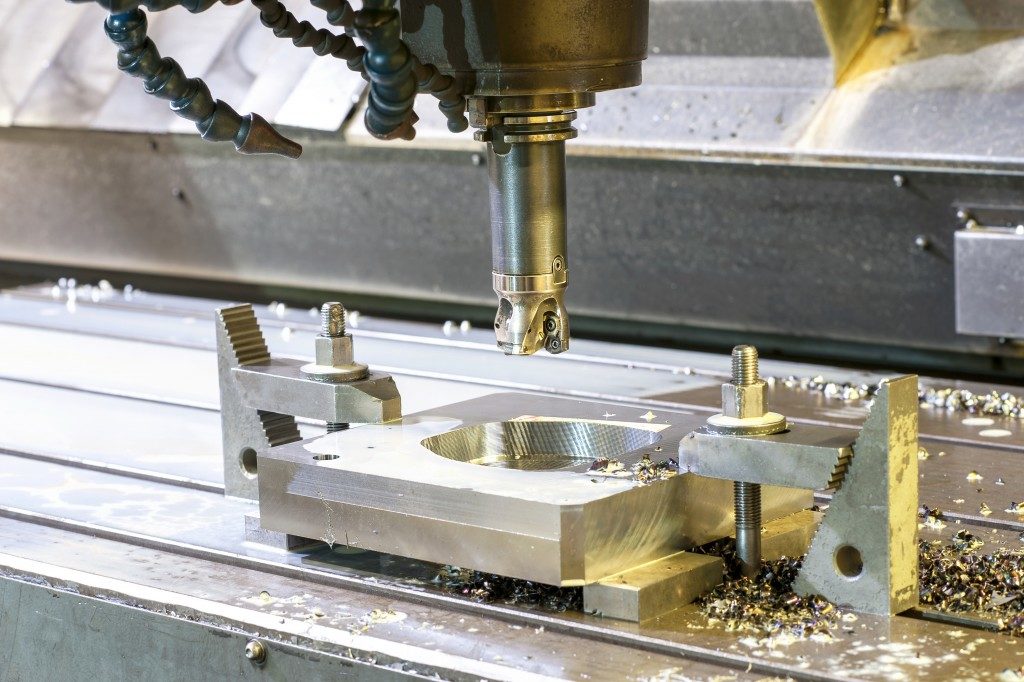Most metalworking businesses have to contend with additional operational complexities within their production chains, which can cause inefficiencies in their enterprises. These enterprises can cut down on their operational expenses by addressing these unnecessary complications.
So your metalworking shop has all its equipment up and running—from Baileigh rollers and hydraulic presses tackling all sorts of jobs for automotive and ventilation projects—and your manufacturing floor is working round the clock getting all your items ready for sale. For you and your employees, the attendant complexity and chaos is just part of the job; day in and day out, complicated product creation chains are to be expected.
However, left to itself, unmitigated complexity can affect your enterprise. So much of your time may be wasted in trying to use machines in an unregulated order, and this can translate into poor work quality and unnecessary expenses, all of which can undercut your company’s bottom line and frustrate your employees.
Simplifying the production chain is no tall order. Once done, however, it can lead to smaller operational expenses, smoother and more efficient production, and superlative work quality.
The Lean Principle Applied
“Lean” methods are usually seen in less hands-on enterprises and are associated by bootstrapping entrepreneurs tapping away at computers building businesses with next to nothing. As far removed as it is from the capital-intensive enterprise of making metal parts, the lean model is still very much relevant to metalworking businesses.
The principle of lean enterprises postulates trimming the fat off of businesses, which aims to improve the bottom line by cutting back on unnecessary expenses and eliminating waste. Although traditionally the domain of larger manufacturing enterprises and conversely tech startups, applying the lean principle to smaller metalworking businesses.
Taking on Complexity
 Much of the inefficiencies of a metalworking enterprise is tied to the sheer complexity involved in manufacturing metal parts to order. Although the business itself is innately complex, the way things are typically run means that many metalworking enterprises are far more complicated and less efficient than they ought to be.
Much of the inefficiencies of a metalworking enterprise is tied to the sheer complexity involved in manufacturing metal parts to order. Although the business itself is innately complex, the way things are typically run means that many metalworking enterprises are far more complicated and less efficient than they ought to be.
Due to communication errors and the lack of organization, workers may waste time manufacturing parts already in inventory while other, more unavailable parts are not made, and sales personnel may take on projects that the production floor staff cannot fulfill. Streamline the manufacturing process can help shop owners reduce waste and optimize their enterprises in accordance with the lean model.
A Simplified Production Floor
The challenge of taking on inefficiencies involves targeting the roots of where the needless complexity arises. Vast inventories, for instance, may not be worth the extra expense to keep track of; thus, it may be better to hold small inventories that hold the bare minimum of the items needed. This has the advantage of ensuring that no inventory clutters up the production floor.
The just-in-time principle of manufacturing—where products are made only when the customer has an order—is also an excellent principle to apply to simplify projects. By taking on production only when required, companies can streamline production and avoid accruing a large inventory of parts and materials. Sales personnel should also communicate well with production staff leaders to ensure that clients can
Although specialization seems like a desirable trait for some companies, for smaller metalworking ventures, it might not be economical until they scale up sufficiently to justify specialist work. By employing workers with a broad, general skill set, the owners of metalworking enterprises can make the most of their workforce.
